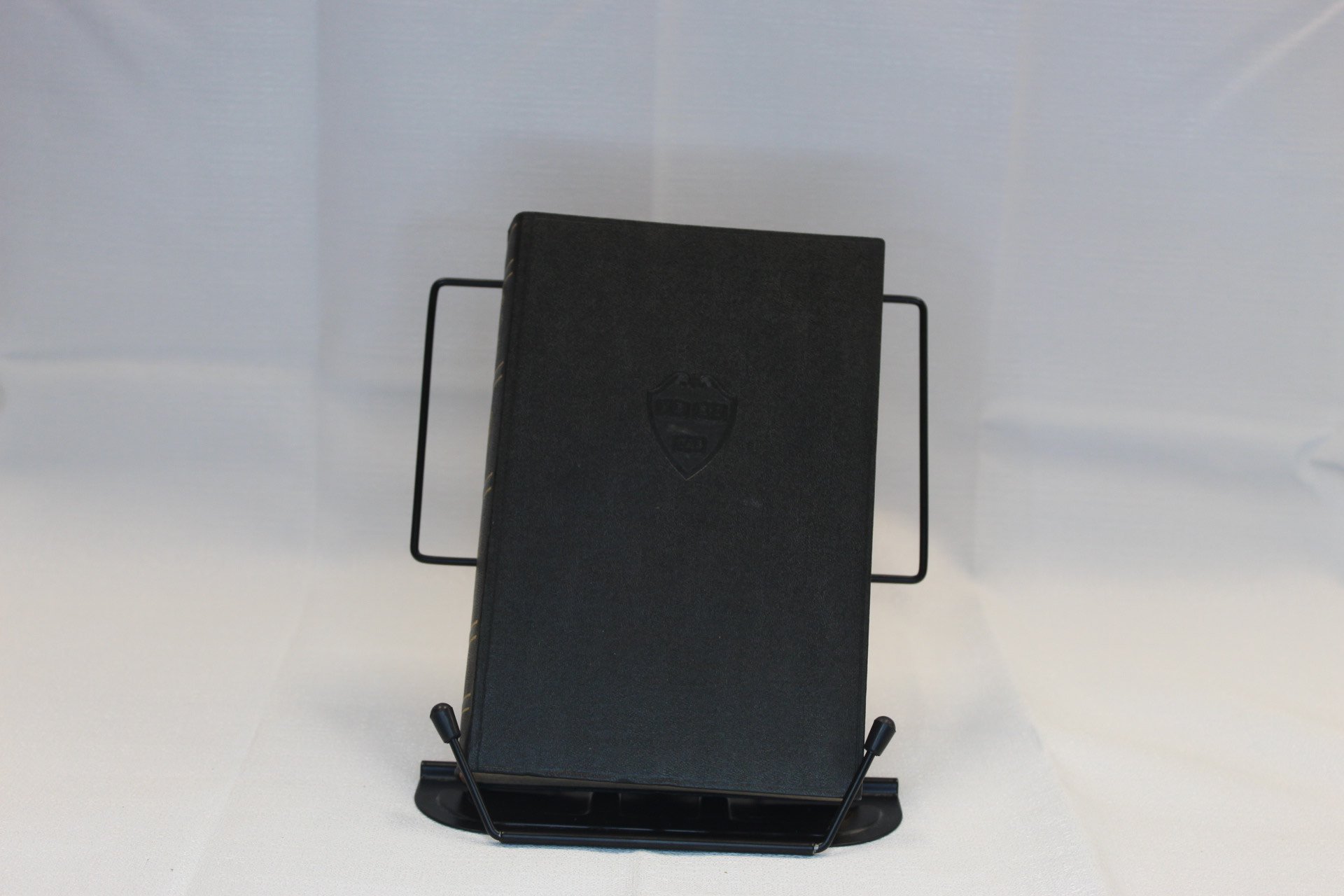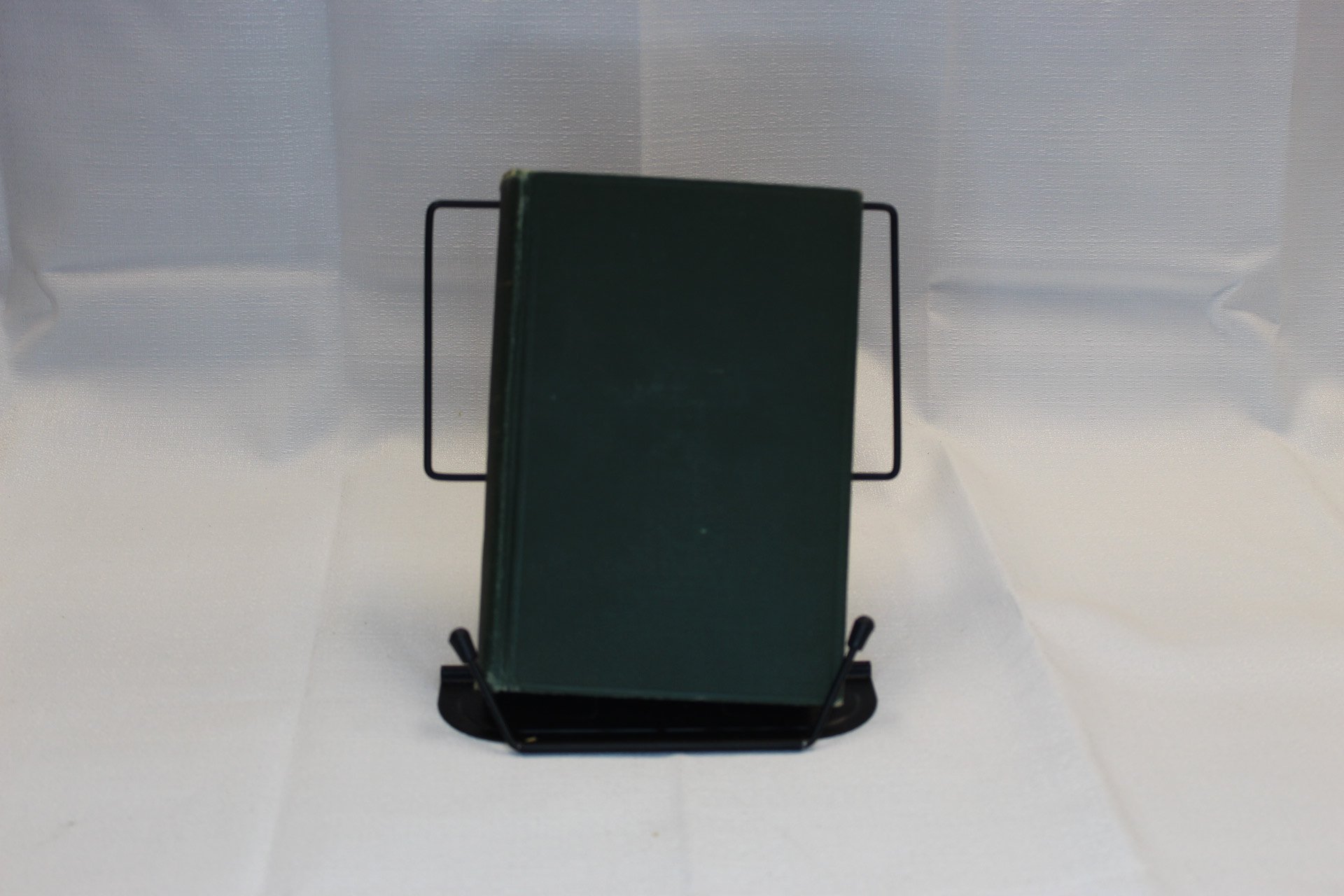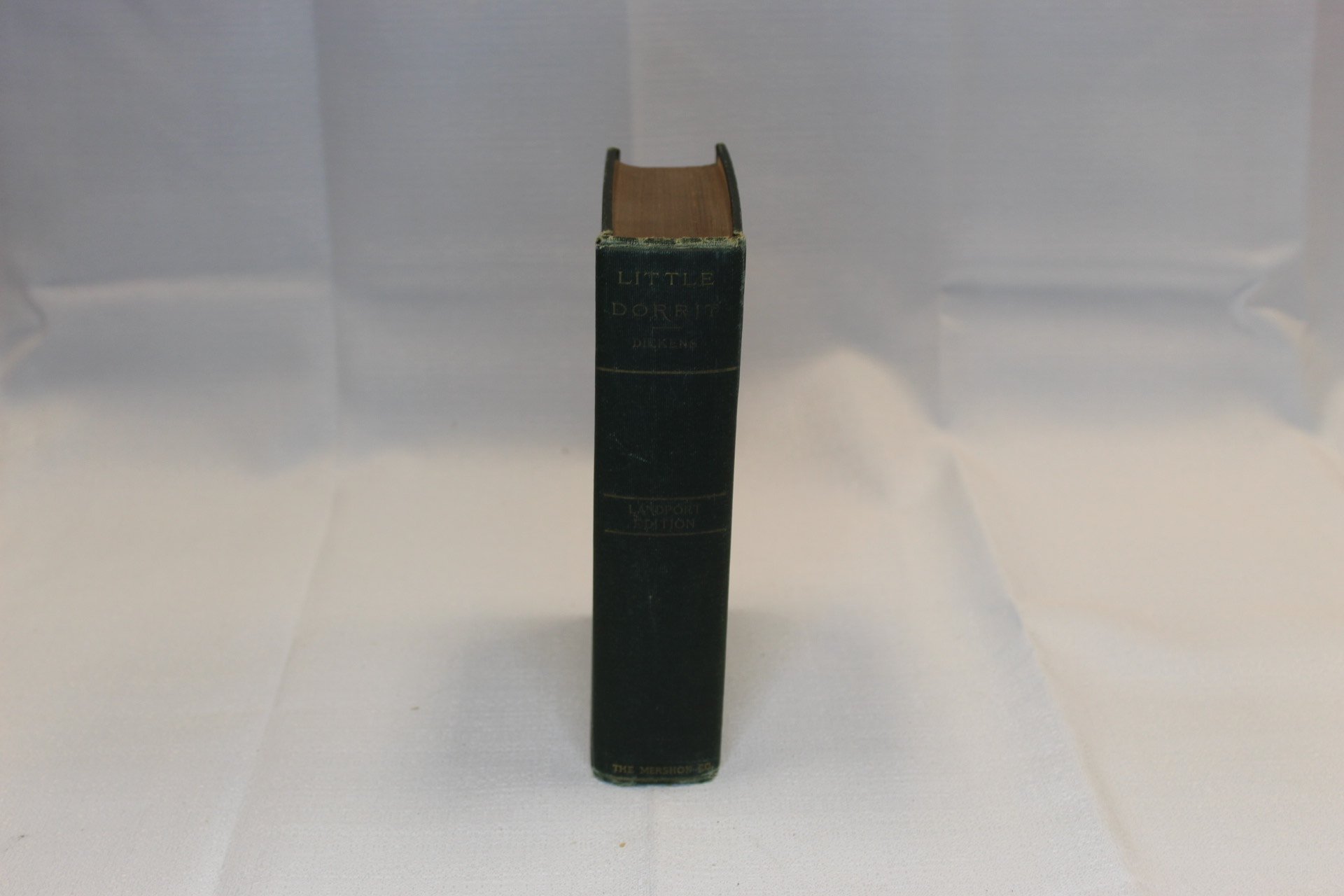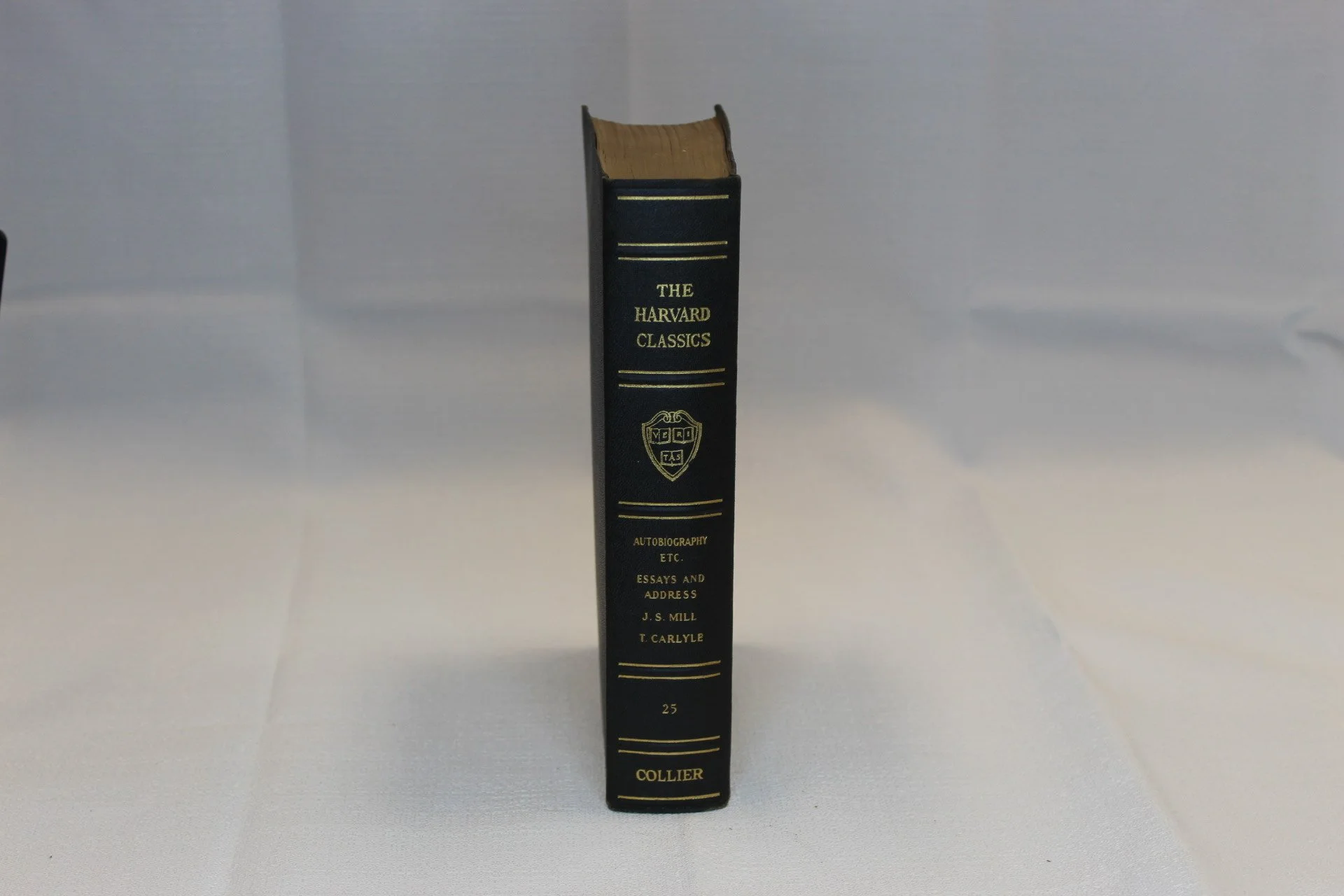 Image 1 of 4
Image 1 of 4

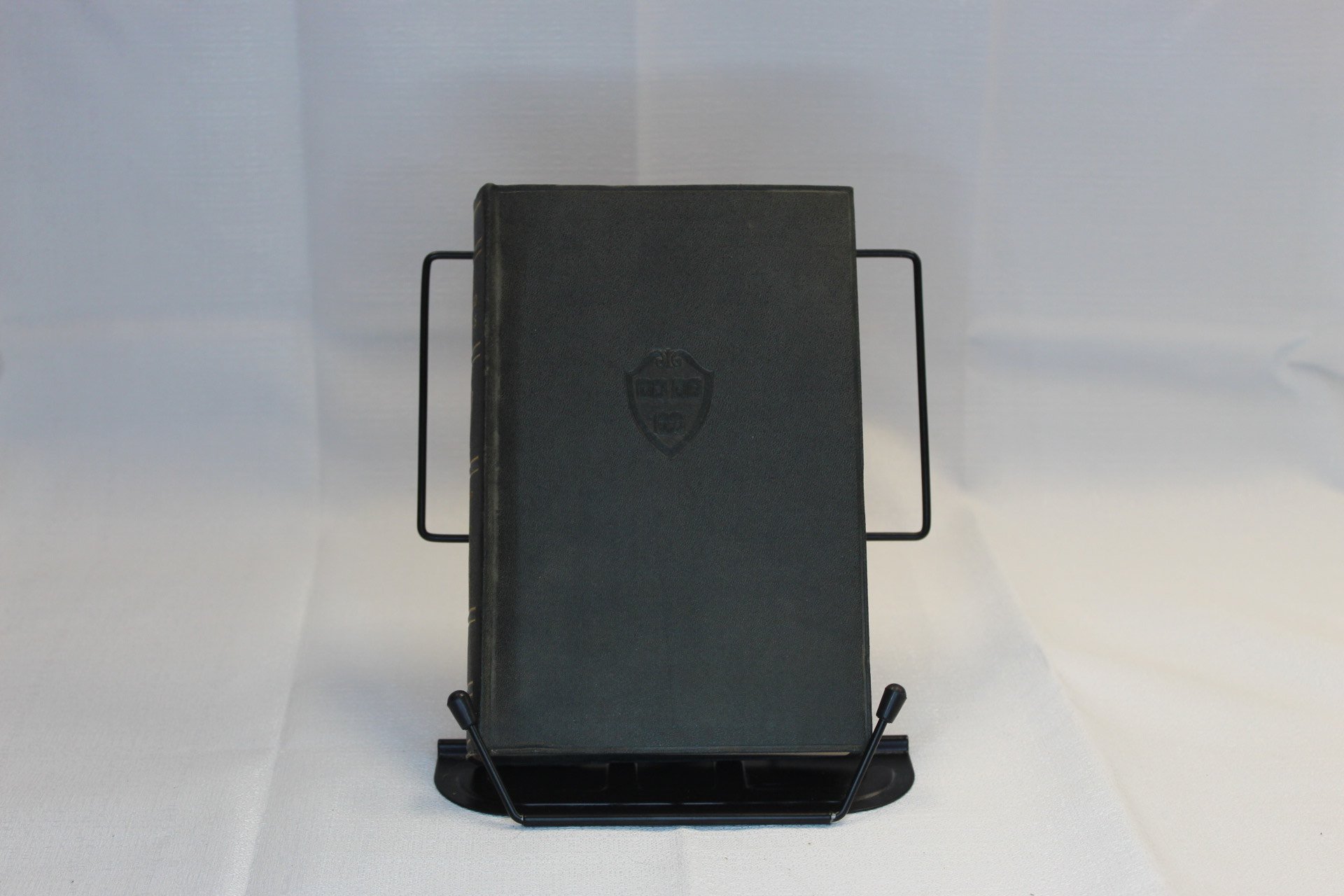 Image 2 of 4
Image 2 of 4

 Image 3 of 4
Image 3 of 4

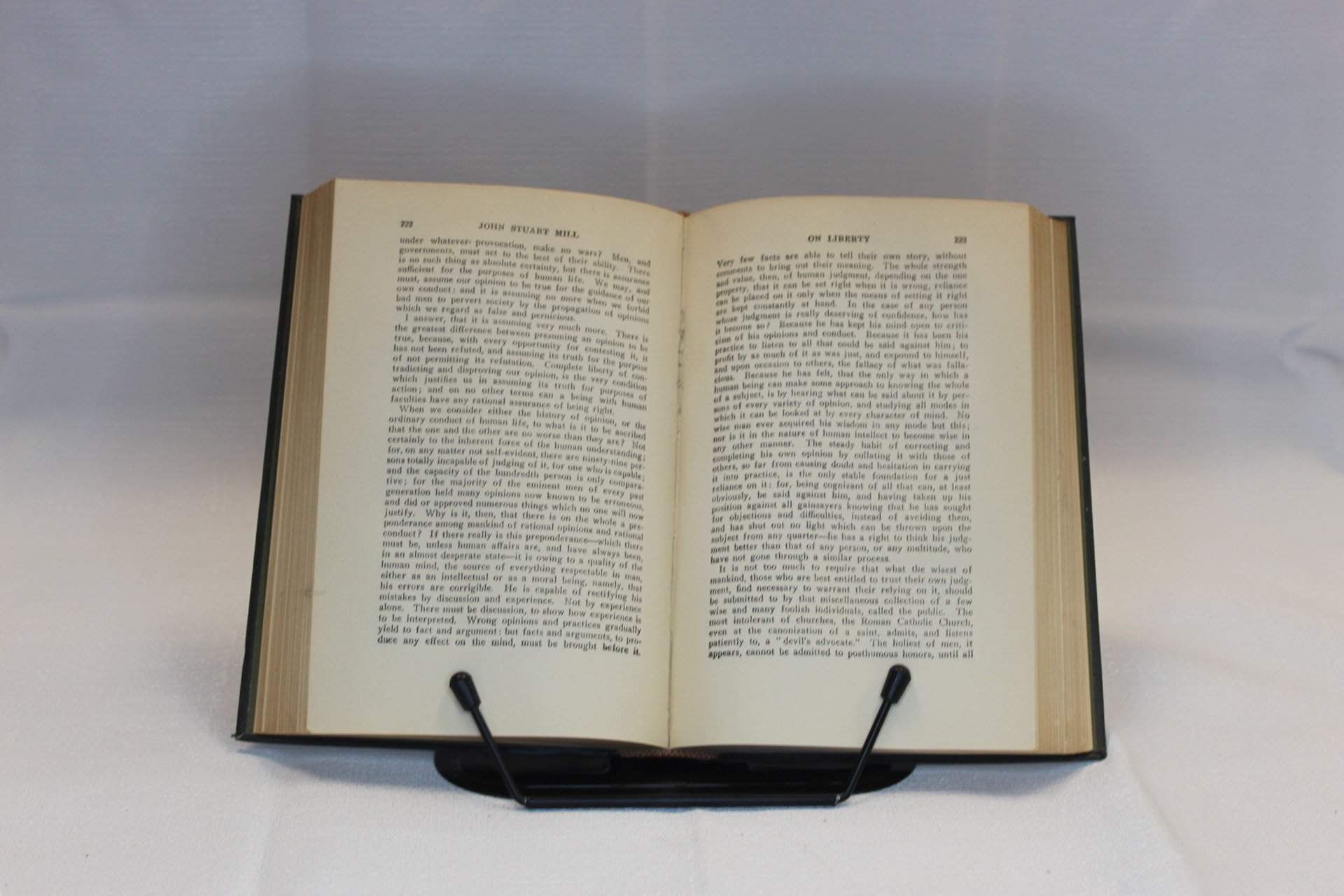 Image 4 of 4
Image 4 of 4

Autobiography Essay on Liberty and Characteristics Inaugural Address Essay on Scott, Volume 25, The Harvard Classics
Volume 25 of The Harvard Classics contains essays by two influential thinkers: John Stuart Mill and Thomas Carlyle.
John Stuart Mill's "Autobiography" is a candid and introspective account of his life, beliefs, and intellectual development. Mill reflects on his upbringing under the influence of his father, James Mill, a prominent philosopher and economist, and his own struggles with depression and existential crisis. He discusses his education, his political activism, and his evolving philosophy of utilitarianism, which advocates for the greatest happiness of the greatest number. Mill's autobiography offers readers valuable insights into the mind of one of the most important figures in 19th-century philosophy and politics.
Thomas Carlyle's "Essay on Liberty" is a powerful defense of individual freedom and the importance of moral and intellectual independence. Carlyle criticizes the prevailing ideas of his time, including utilitarianism and laissez-faire economics, which he sees as promoting selfishness and moral decay. He argues for a return to traditional values and the cultivation of a heroic spirit, grounded in a sense of duty and selflessness. Carlyle's essay is a passionate plea for a more meaningful and purposeful life, rooted in a commitment to truth, justice, and the common good.
In addition to these essays, Volume 25 of The Harvard Classics also includes Carlyle's "Characteristics" and his inaugural address as rector of the University of Edinburgh, as well as an essay on Sir Walter Scott. These works offer readers a comprehensive introduction to the ideas and writings of two of the most influential thinkers of the 19th century, whose works continue to resonate with readers today.
Volume 25 of The Harvard Classics contains essays by two influential thinkers: John Stuart Mill and Thomas Carlyle.
John Stuart Mill's "Autobiography" is a candid and introspective account of his life, beliefs, and intellectual development. Mill reflects on his upbringing under the influence of his father, James Mill, a prominent philosopher and economist, and his own struggles with depression and existential crisis. He discusses his education, his political activism, and his evolving philosophy of utilitarianism, which advocates for the greatest happiness of the greatest number. Mill's autobiography offers readers valuable insights into the mind of one of the most important figures in 19th-century philosophy and politics.
Thomas Carlyle's "Essay on Liberty" is a powerful defense of individual freedom and the importance of moral and intellectual independence. Carlyle criticizes the prevailing ideas of his time, including utilitarianism and laissez-faire economics, which he sees as promoting selfishness and moral decay. He argues for a return to traditional values and the cultivation of a heroic spirit, grounded in a sense of duty and selflessness. Carlyle's essay is a passionate plea for a more meaningful and purposeful life, rooted in a commitment to truth, justice, and the common good.
In addition to these essays, Volume 25 of The Harvard Classics also includes Carlyle's "Characteristics" and his inaugural address as rector of the University of Edinburgh, as well as an essay on Sir Walter Scott. These works offer readers a comprehensive introduction to the ideas and writings of two of the most influential thinkers of the 19th century, whose works continue to resonate with readers today.
Volume 25 of The Harvard Classics contains essays by two influential thinkers: John Stuart Mill and Thomas Carlyle.
John Stuart Mill's "Autobiography" is a candid and introspective account of his life, beliefs, and intellectual development. Mill reflects on his upbringing under the influence of his father, James Mill, a prominent philosopher and economist, and his own struggles with depression and existential crisis. He discusses his education, his political activism, and his evolving philosophy of utilitarianism, which advocates for the greatest happiness of the greatest number. Mill's autobiography offers readers valuable insights into the mind of one of the most important figures in 19th-century philosophy and politics.
Thomas Carlyle's "Essay on Liberty" is a powerful defense of individual freedom and the importance of moral and intellectual independence. Carlyle criticizes the prevailing ideas of his time, including utilitarianism and laissez-faire economics, which he sees as promoting selfishness and moral decay. He argues for a return to traditional values and the cultivation of a heroic spirit, grounded in a sense of duty and selflessness. Carlyle's essay is a passionate plea for a more meaningful and purposeful life, rooted in a commitment to truth, justice, and the common good.
In addition to these essays, Volume 25 of The Harvard Classics also includes Carlyle's "Characteristics" and his inaugural address as rector of the University of Edinburgh, as well as an essay on Sir Walter Scott. These works offer readers a comprehensive introduction to the ideas and writings of two of the most influential thinkers of the 19th century, whose works continue to resonate with readers today.
Author: John Stuart Mill and Thomas Carlyle
In House Collection: 4 of 9
Condition: F
Condition Additional Notes: Very slight wear from age
Book Cover Material: Hardback
Publisher: P F Collier & Son Company, New York
Publication Date: 1909
Age: 1909
Edition: 1st Edition
Language: English


